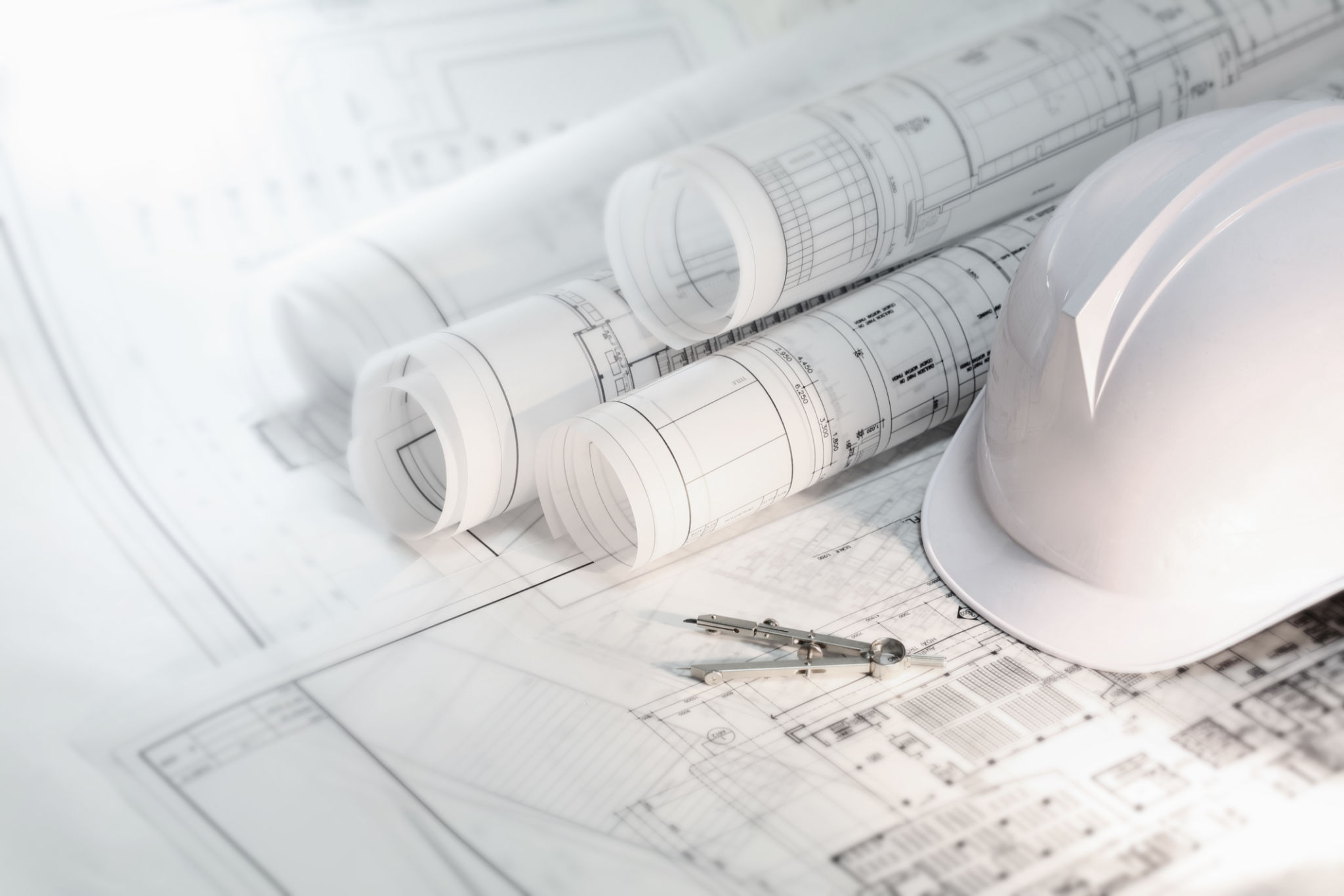How to Choose the Right Real Estate Developer for Your Project
EC
Understanding Your Project Needs
Before you start looking for a real estate developer, it's crucial to have a clear understanding of your project needs. Assess the scope and scale of your project, whether it's residential, commercial, or mixed-use. Define your budget, timeline, and any specific requirements you have. This foundational knowledge will guide your search and help you communicate more effectively with potential developers.
Consider whether you need a developer with experience in specific areas like green building practices or urban development. Having a detailed project brief can significantly ease the selection process. This document should outline your objectives, preferred design elements, and any other essential criteria.

Researching Potential Developers
Begin your search by researching potential developers who have a track record of successful projects similar to yours. Look for companies with strong portfolios and positive client testimonials. A good developer should have a history of delivering projects on time and within budget.
Check their credentials and affiliations with professional bodies. Membership in organizations such as the Urban Land Institute or the National Association of Home Builders can be indicators of professionalism and commitment to industry standards.
Assessing Experience and Expertise
Experience is one of the most critical factors when choosing a real estate developer. Evaluate how long they have been in the business and the types of projects they have completed. A developer with extensive experience in projects similar to yours will likely understand the challenges and nuances involved.

Evaluating Financial Stability
Financial stability is essential for a developer to see a project through to completion. You should assess the financial health of potential developers by reviewing their financial statements, credit ratings, and banking relationships. A financially sound developer is less likely to encounter issues that could delay or derail your project.
Additionally, inquire about their funding sources and whether they rely on external investors. Understanding their financial structure can provide insights into their reliability and risk management capabilities.
Communication and Transparency
Effective communication is key to a successful partnership with your real estate developer. Pay attention to how responsive they are during initial interactions. A good developer will be open, transparent, and willing to answer all your questions without hesitation.

Visiting Completed Projects
If possible, visit some of the developer's completed projects to assess the quality and style of their work firsthand. This visit can provide valuable insights into their attention to detail and craftsmanship. Speak with previous clients to gather feedback on their experiences with the developer.
Observing completed projects also helps you determine if the developer's style aligns with your vision. It's an opportunity to see how they handle design aesthetics, functionality, and integration with the surrounding environment.
Finalizing Your Decision
Once you've gathered all necessary information, compare your shortlisted developers against your project needs and criteria. Conduct interviews to discuss your project in detail and assess how each developer approaches challenges and problem-solving.
After thorough evaluation, select the developer who best aligns with your project's goals, budget, and timeline. A well-chosen developer can transform your vision into reality while ensuring a smooth project execution.